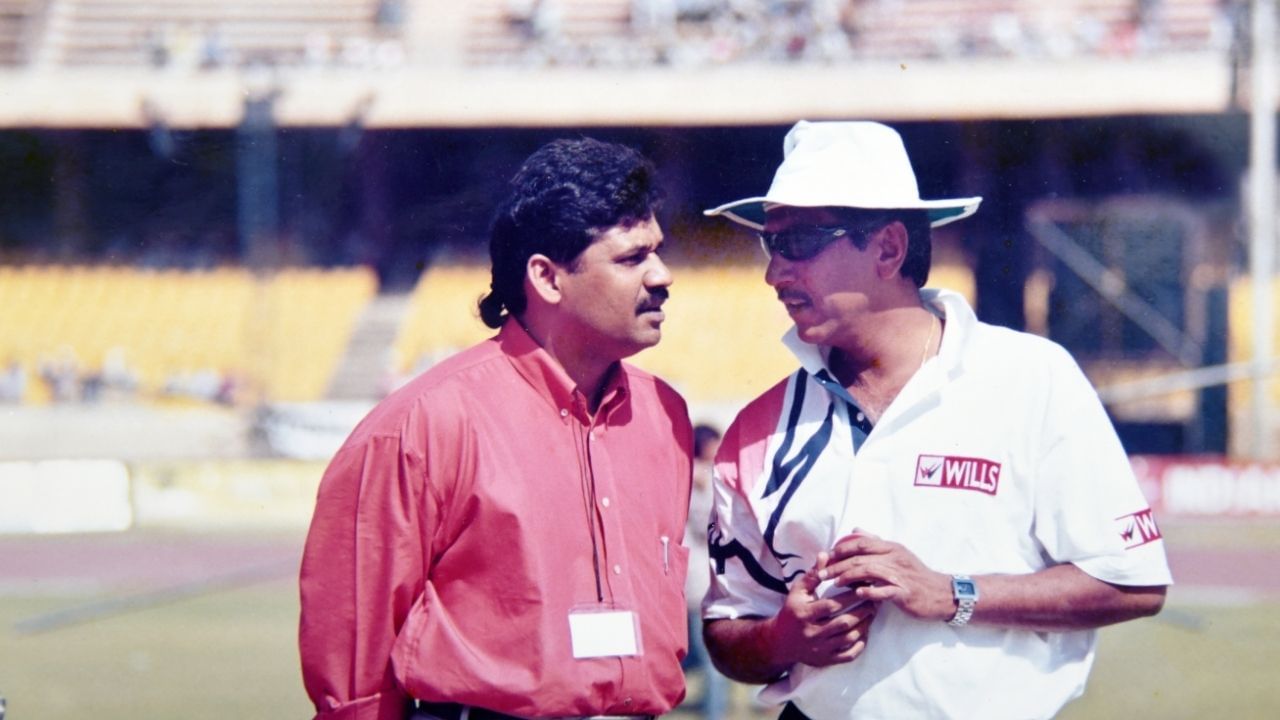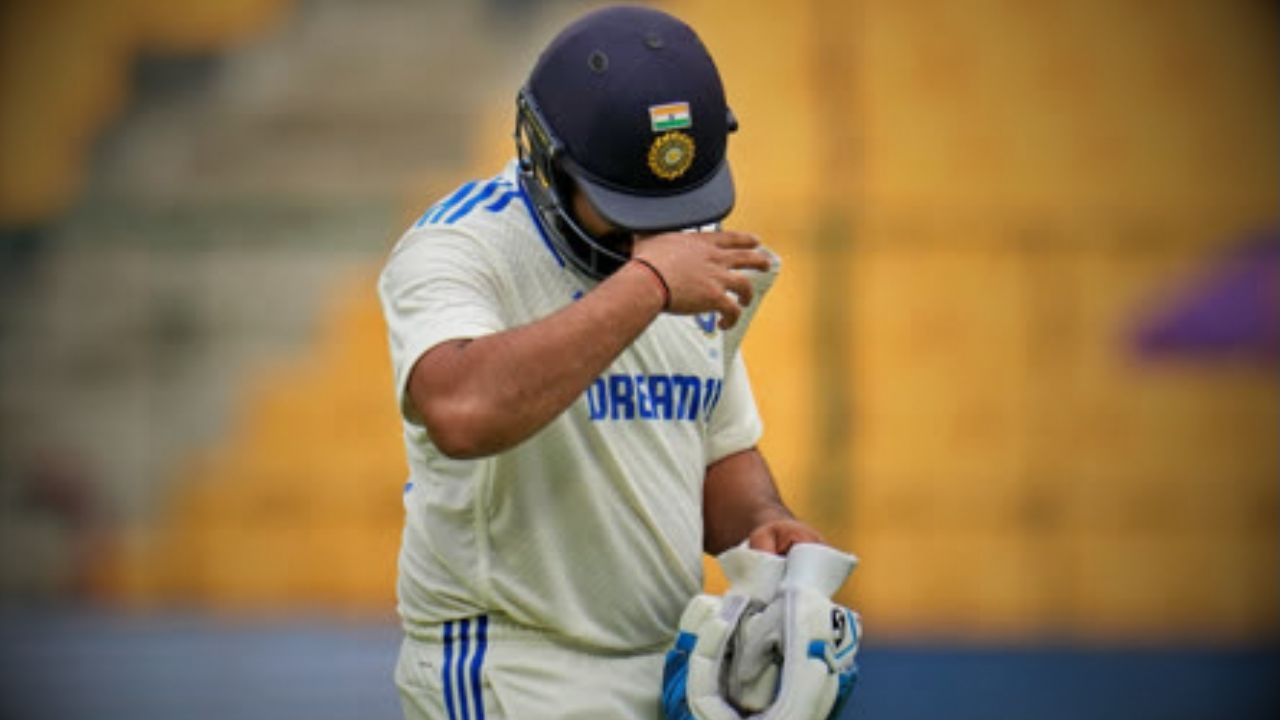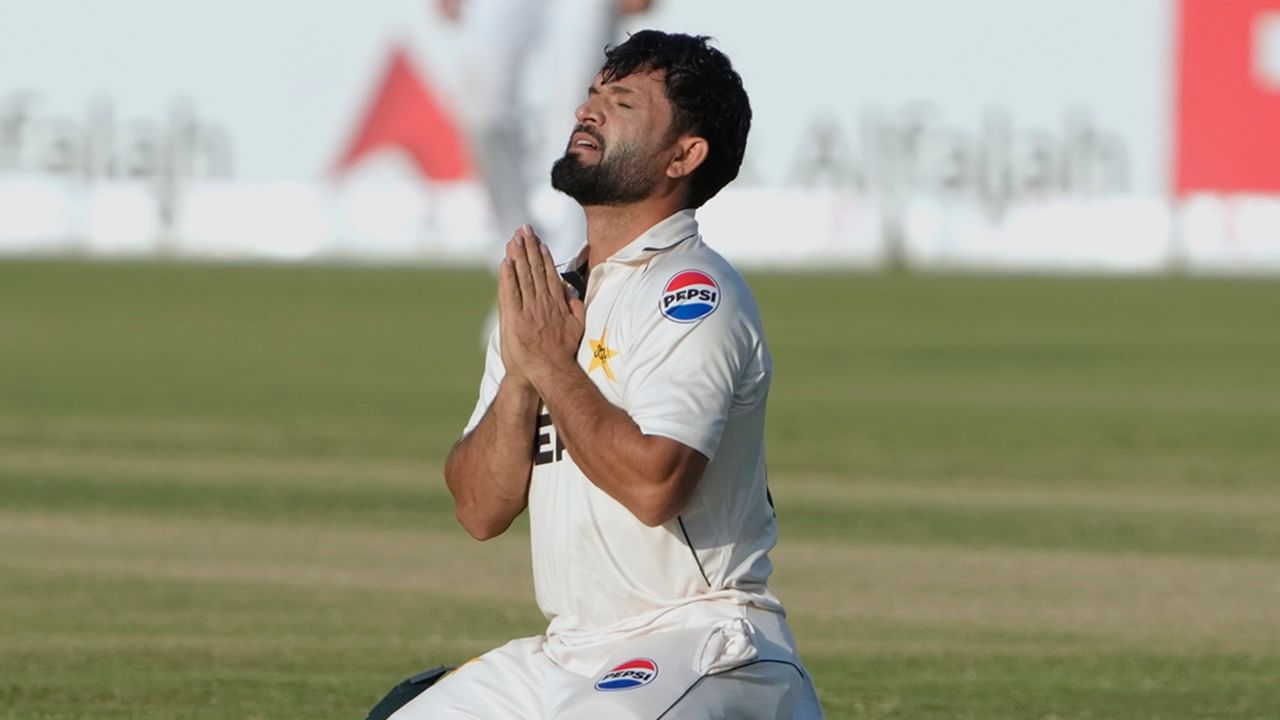On September 23, 1952, a cricketing legend was born in Bombay (now Mumbai): Anshuman Gaekwad. Widely recognized for his exceptional defensive techniques on the field, Gaekwad earned the nickname ‘The Great Wall’ due to his ability to withstand fierce bowling attacks. With a formidable reputation, he played a key role in the Indian cricket team during his tenure, and his legacy continues through his contributions to the sport.
The Clash with Fierce Bowlers
Anshuman Gaekwad was a vital member of the Indian cricket team during the 1970s, often paired with the legendary Sunil Gavaskar. While Gavaskar was known for his aggression and run-scoring ability, Gaekwad specialized in absorbing pressure from the opposition’s best bowlers. One of his most remarkable performances occurred during the 1975-76 series in Jamaica. In a match where Indian captain Bishan Bedi refused to bat due to the dangerous bowling of West Indies, Gaekwad bravely scored 81 runs against the likes of the fearsome Michael Holding. Tragically, his innings ended with him sustaining a head injury that required hospitalization, showcasing both his grit and the hazards faced by players of that era.
A Journey Beyond the Pitch: Coaching Career
Gaekwad made his international debut in 1974 and played a total of 40 Test matches and 15 One Day Internationals (ODIs) before retiring in 1984. Over his Test career, he accumulated 1,985 runs at an average of 30, including two centuries and ten half-centuries. His ODI debut was during the inaugural 1975 World Cup, where he scored 22 runs from 46 balls in his first match. In total, he managed to score 289 runs throughout his ODI career.
Transitioning into coaching after his playing days, Gaekwad took the helm of the Indian national team in 1997. He demonstrated significant leadership and tactical skills during his role, guiding the team for two fruitful years. Under his guidance, the Indian team achieved notable success, including a remarkable victory over Australia in the Sharjah triangular series in 1998, a memorable moment that solidified his coaching credentials.
A Legacy Rooted in Family
While Anshuman Gaekwad made his mark as a player and coach, his family legacy in cricket is equally notable. His father, Dattajirao Gaekwad, also played Test cricket and served as the captain of the Indian team. Dattajirao participated in 11 Tests between 1952 and 1961, with an impressive record of 3,139 runs at an average of 47.56, including 14 centuries. In 2016, he became the oldest Test cricketer in India, passing away earlier this year at the age of 95, thus marking the end of an era for the Gaekwad family in Indian cricket.
Anshuman Gaekwad’s contributions to cricket, both on and off the field, resonate well beyond his statistics. His determination, skill, and leadership inspired many, leaving an indelible mark on Indian cricket. His battle against blood cancer, which sadly led to his passing on July 31 of this year, reminds us of his strength and resilience, traits that will forever be celebrated in the annals of cricket history.











